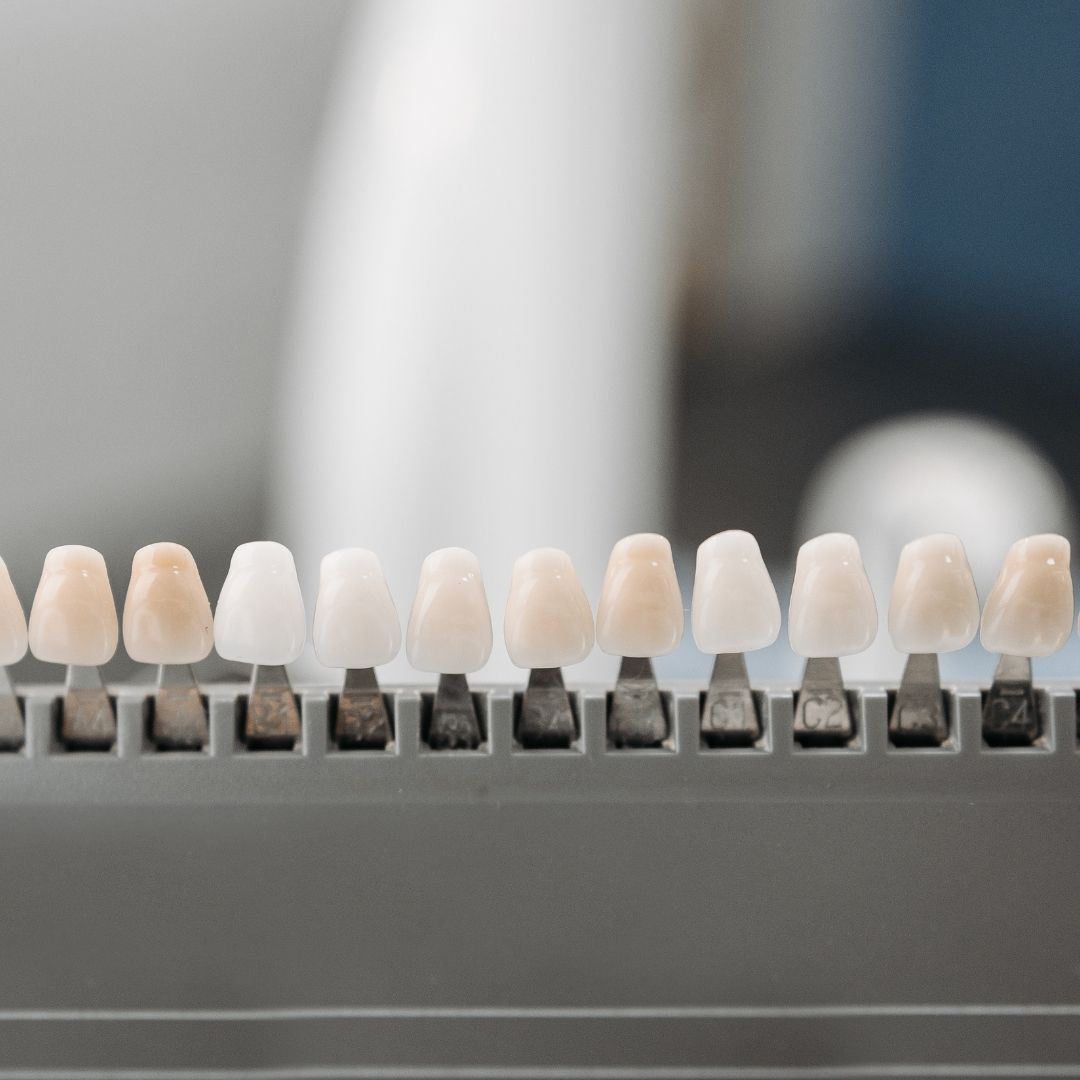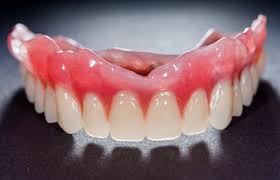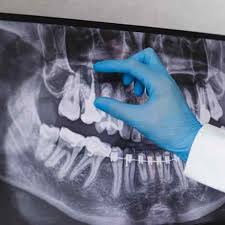
Tooth Extraction Healing Time
Tooth extraction in Turkey is a common dental procedure that involves removing a tooth from its socket in the jawbone. This procedure may be necessary due to several reasons, including severe tooth decay, trauma, or overcrowding. While tooth extraction is often a necessary procedure after dental examination, it can also be a painful and uncomfortable experience for some patients. One of the most common questions asked by patients after a tooth extraction is, “How long will it take to heal?”
Tooth Extraction Healing
The tooth extraction healing time can vary depending on the individual and the specific circumstances of the extraction. However, in general, the initial healing period after a tooth extraction takes about one to two weeks. During this time, the gums will gradually close over the extraction site and begin to form a blood clot.
Over the next few weeks, the body will work to repair and regenerate new tissue in the area. During this time, patients may experience some discomfort, swelling, and sensitivity around the extraction site. However, these symptoms usually improve within a few days and should be manageable with over-the-counter pain medications and good oral hygiene practices.
In some cases, the healing process may take longer if the extraction was more complicated or if the patient has underlying health issues that affect healing. For example, if a surgical extraction was performed, the healing process may take longer due to the nature of the procedure. Additionally, patients with certain medical conditions, such as diabetes or immune system disorders, may experience delayed healing or complications.
Tooth Extraction Healing Stages
There are three main stages of tooth extraction healing: the initial healing stage, the granulation tissue stage, and the bone regeneration stage.
Initial Healing Stage: During the initial healing stage, the body forms a blood clot in the socket where the tooth was removed. This blood clot acts as a protective barrier, preventing bacteria and other debris from entering the socket and causing an infection. The blood clot also provides a scaffold for new tissue to grow on.
Granulation Tissue Stage: In the granulation tissue stage, the body begins to produce new tissue in the socket. This tissue, called granulation tissue, is a combination of blood vessels, connective tissue, and new bone cells. The granulation tissue fills in the socket and provides a framework for new bone tissue to grow.
Bone Regeneration Stage: Finally, during the bone regeneration stage, the body produces new bone tissue to fill in the socket. This process can take several months to complete, and the new bone tissue may not be as strong as the original bone tissue.
Tooth Extraction Healing Time: Factors that Affect Healing
The healing time for a tooth extraction can vary depending on several factors. Some of the key factors that can affect tooth extraction healing include:
Number and Location of Teeth: The number and location of the teeth being extracted can impact healing time. Simple extractions of one or two teeth usually heal faster than more complex extractions, such as surgical extractions or the removal of multiple teeth.
Type of Extraction: The type of extraction can also affect healing time. Simple extractions, which involve loosening the tooth and then removing it with forceps, usually heal faster than surgical extractions, which require incisions and the removal of bone tissue.
Age and Health of the Patient: A patient’s age and overall health can affect the healing time after a tooth extraction. Younger patients and those who are in good overall health usually heal faster than older patients or those with underlying health conditions.
Medications: Certain medications can impact healing time after tooth extraction. For example, blood thinners can increase bleeding and delay healing, while some medications may interact with pain medications or cause other complications.
Smoking: Smoking can delay the healing process and increase the risk of complications, such as dry sockets.
Oral Hygiene: Good oral hygiene practices, such as regular brushing and flossing teeth, can promote healing after tooth extraction. On the other hand, poor oral hygiene can increase the risk of infection and delay healing.
Infection: If an infection develops after a tooth extraction, it can delay the healing process and require additional treatment.
Overall, tooth extraction healing time can vary depending on a variety of factors. Patients should follow their dentist’s aftercare instructions closely and contact their dentist if they experience any complications or have concerns about their healing progress.
Things to Avoid After Tooth Extraction
To promote proper healing after a tooth extraction, it is important to avoid certain activities and behaviors that can interfere with the healing process. Some of the things to avoid after tooth extraction include:
Smoking: Smoking can delay the healing process and increase the risk of complications, such as dry sockets.
Drinking through a straw: Suction can dislodge the blood clot and prevent proper healing.
Eating hard or crunchy foods: These types of foods can irritate the extraction site and delay healing.
Vigorous rinsing or spitting: This can dislodge the blood clot and delay healing.
Exercise: Strenuous activity can increase blood flow to the extraction site, causing bleeding and delaying healing.
Drinking alcohol: Alcohol can increase bleeding and delay healing.
Touching the extraction site: Touching the extraction site with your tongue or fingers can introduce bacteria and delay healing.
The Study of Tooth Extraction Healing
A recent study conducted by the American Dental Association, which analyzed the recovery process of over 1,000 patients who underwent tooth extractions, found that the average healing time for straightforward extractions ranged from 7 to 14 days. However, in cases of more complex surgical extractions or extractions involving multiple teeth, the healing period extended to 14 to 21 days. These findings emphasize the importance of considering the nature of the extraction when gauging the expected recovery time.
Pain After Tooth Extraction
It is normal to experience some pain and discomfort after a tooth extraction. The amount of pain can vary depending on the complexity of the extraction and the patient’s pain tolerance. Pain after tooth extraction is usually most severe in the first 24 to 48 hours and gradually decreases over the next few days.
To manage pain after tooth extraction, your dentist may recommend over-the-counter pain medications, such as ibuprofen or acetaminophen. In some cases, prescription pain medications may be necessary. Your dentist may also recommend applying a cold compress to the extraction site to reduce swelling and pain.
In addition to pain, it is also common to experience some bleeding after a tooth extraction. To control bleeding, your dentist may recommend biting down on a gauze pad for 30 to 45 minutes after the procedure. If bleeding persists or becomes heavy, contact your dentist immediately.
Tooth Extraction Recovery with Healthy Türkiye
Tooth extraction is a common dental procedure that can be necessary for several reasons. While the healing time for a tooth extraction can vary depending on several factors, it is important to follow proper aftercare instructions to promote proper healing. This includes avoiding certain activities that can interfere with the healing process, managing pain and bleeding with medication and cold compresses, and contacting your dentist if you experience any complications.
If you are experiencing pain or discomfort after a tooth extraction, you can contact Healthy Türkiye’s dentists for advice. Our dentist can provide guidance on pain management and monitor your healing progress to ensure that you are healing properly. With proper care, most patients can expect to fully recover from a tooth extraction within one to two weeks.




